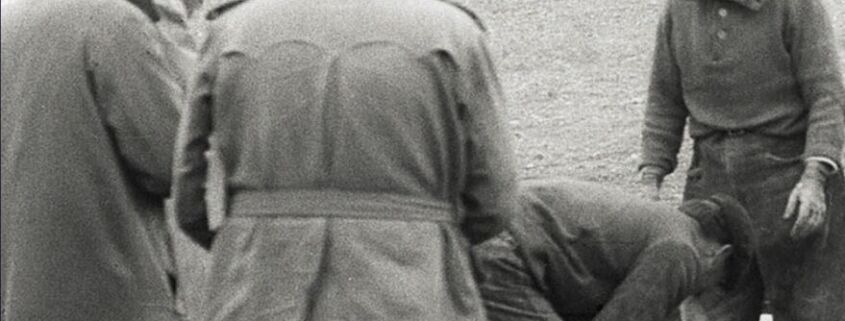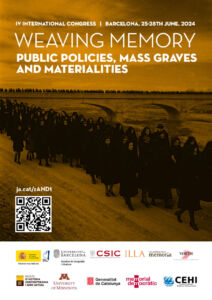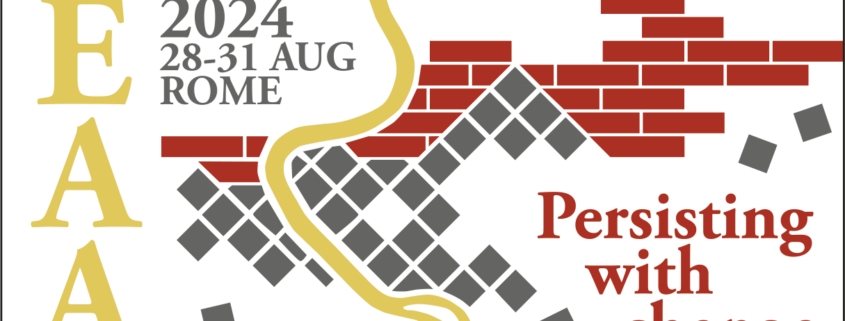Zoé de Kerangat and Francisco Ferrándiz. Memory and History – Podcast
Interview 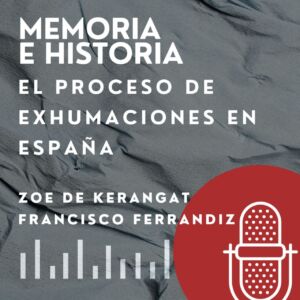 to Zoé de Kerangat and Francisco Ferrándiz.
to Zoé de Kerangat and Francisco Ferrándiz.
In our latest episode, we delve into a topic that continues to resonate today: the exhumations of victims of the Spanish Civil War and the coup d’état. From their beginnings in clandestine efforts, through their development during the transition to democracy, and up to the present as a social movement seeking Transitional Justice and Reparations through the laws on Historical and Democratic Memory, exhumations remain a fundamental part of improving the democratic quality of our state.
Starting in the postwar period—legally for the victims considered “victors” and clandestinely for others—exhumations have evolved over the years. During the transition to democracy, they were conducted with limited resources and rudimentary methods to recover the remains of loved ones. With the emergence of the movement to recover historical memory, they gained social resonance as a democratic culture issue to be resolved, culminating in the approval of specific laws such as those of 2007 and the current legislation.
In this episode, we are privileged to host two of the most prominent researchers on this subject: Zoé de Kerangat and Francisco Ferrándiz. Together, we will analyze the development, methodology, sociopolitical and academic impact, and the importance of exhumations for Transitional Justice and Reparations—not only in the context of the Spanish Civil War and Franco’s dictatorship but also in other settings.
Zoé de Kerangat holds a PhD in Contemporary History (UAM/CSIC, 2020), awarded with distinction for her doctoral thesis. She is currently a Lecturer (PDI) in the Department of Contemporary History at the UNED. Her research falls within memory studies and focuses on the exhumation of victims of Francoist repression, particularly the recovery of remains in the 1970s and 1980s in Spain. She has been a researcher at the Institute of Language, Literature, and Anthropology (CCHS-CSIC), the Autonomous University of Madrid, and the Department of Art History at the UNED. Additionally, she conducted a research stay at the Center for Social Research (IDES/CONICET) in Buenos Aires, Argentina. She is part of the research project “NECROPOL: Beyond Sub-Burial—From the Forensic Turn to Necropolitics in the Exhumations of Civil War Mass Graves.” Her latest book, Remover cielo y tierra: Las exhumaciones de víctimas del franquismo en los años 70 y 80, was published in 2023.

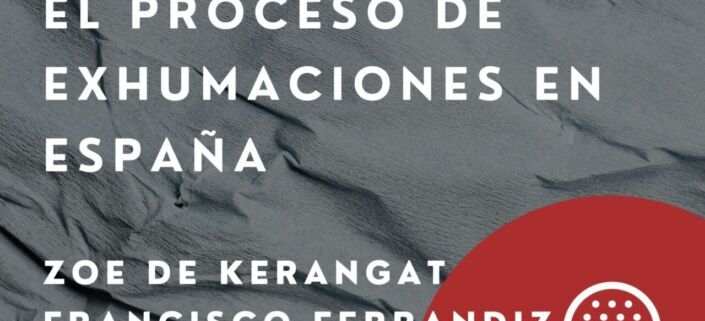
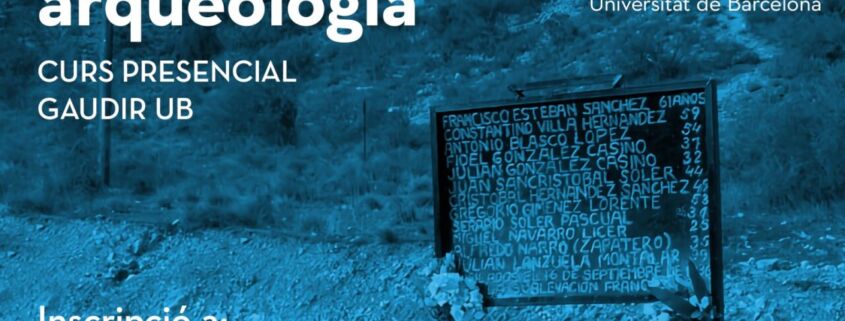
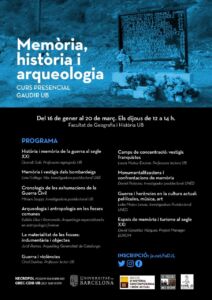
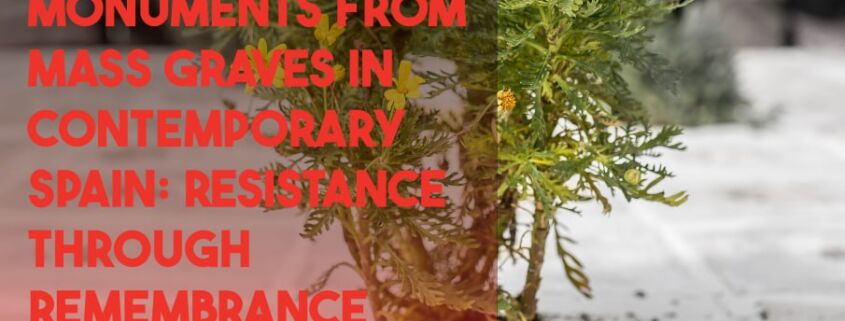
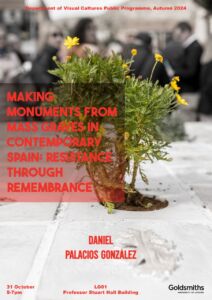


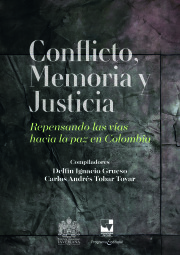
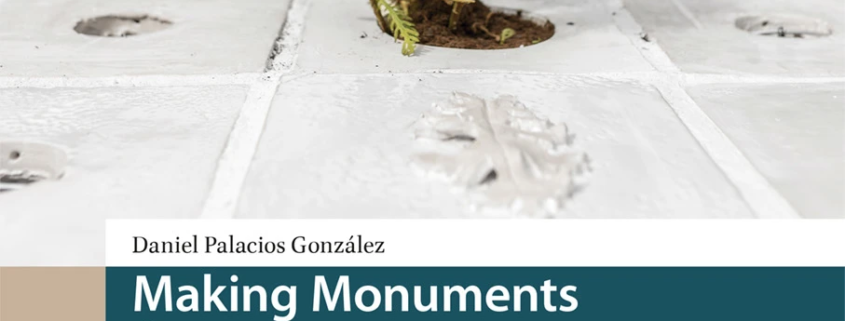
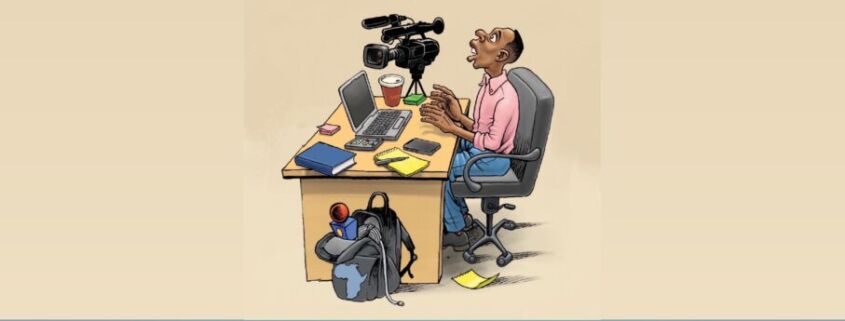
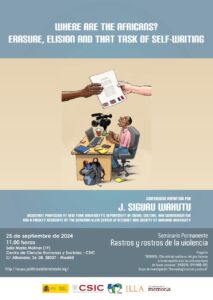 Lecture by:
Lecture by: 